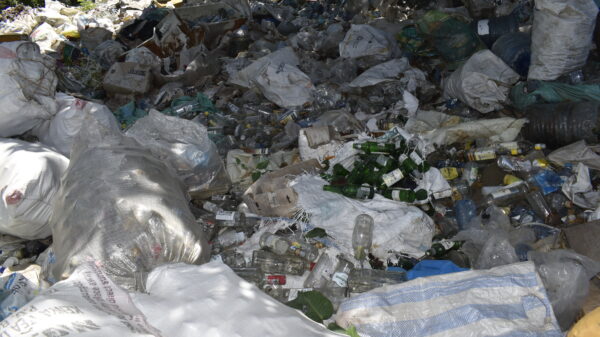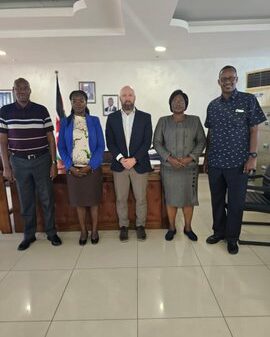
At least 5.6 million people still defecate in the open with northern counties continuing to present very high rates of open defecation, which is also linked to high poverty levels/file
NAIROBI, Kenya, Apr 25 – Open defecation poses a serious threat to the health of children and the public in general.
At least 5.6 million people still defecate in the open with northern counties continuing to present very high rates of open defecation, which is also linked to high poverty levels.
According to the WHO/UNICEF Joint Monitoring Programme (JMP) 2017, the areas include the Northern and Eastern parts of the country with Turkana, Samburu West Pokot, Garissa, Narok, Kwale, Tana River and Marsabit among the leading counties with the biggest contributors of number of people practicing OD.
The reasons that have been given for people who do not use toilets have either been poverty that makes it a challenge to build latrines or lack of government support in providing such facilities.
In the rural areas, people continue to defecate in the open (15pc against 3pc in urban areas), primarily due to availability of open land, but also because it is considered culturally appropriate in some regions.
Chief Public Health Officer Ministry of Health Ibrahim Basweti states that measures are in place and they are working hand-in-hand with the affected counties through the different programs in place.
“Open Defecation Free (ODF) roadmaps have been developed in eight counties of Kitui, Machakos, Turkana, Garissa, Siaya, Makueni, West-Pokot and Kakamega which are timely bound to achieve ODF by 2020.”
Access to improved sanitation in Kenya increased by only 5pc between 1990 and 2015.
“Sanitation is a basic human right and thus it is the mandate of every county to see to it funds are set aside to reinforce the need to urgently respond to the prevailing sanitation crisis.”
UNICEF’s Chief Water, Sanitation and Hygiene (WASH) Andrew Trevett called for funding tailored towards addressing open defecation.
“If we increase our investment in rural sanitation then cases of cholera can be expected to reduce. That means you are less likely to have patients in health facilities suffering from diarrheal diseases as well reduce the cost of running hospitals.”
Trevett also highlighted the need to include community health workers (CHW’s) in community led triggering strategies (CLTS) to educate them on the importance of having and using pit latrines.
“Counties need to realize that sanitation is critical and it is possible to attain it. One way is by making use of CHW’s as they make it possible to educate the community on Sanitation, the impacts of open defecation.” said Trevett.
One way of making this effective, Trevett notes by providing incentives, the CHW’s will go a long way in encouraging them in spreading the information.
UNICEF’s WASH specialist Julie Aubriot notes that different strategies could be designed for each county to improve access to proper sanitation.
“To solve this issue, it takes the action of individuals and even the intervention of the government to address the cultural, economic and social challenges in tandem.”
“One of the challenges we see is the under-investment in sanitation for decades. The proportion of the population that has access to basic drinking water service is 58pc as opposed to the population that has access to a basic sanitation service at 30pc.”
“So it’s about half compared to water and the only conclusion you can draw from that is that there is an under investment.”
Aubriot cited that universal sanitation cannot be achieved without strong stakeholder engagement and community consultations. This will ensure that the right solutions are being proposed and collectively implemented to assure sustainability.
“It is equally critical that existing policies, legislations and regulation both at the national and sub-national levels are reviewed and a multi-sectoral approach adopted.”































